Report from the Globe and Mail
As Donald Trump begins building his energy-focused administration, experts see potential opportunities for Canada to strengthen its longstanding energy partnership with the United States, even as the president-elect’s broader trade policies pose challenges.
On Friday, Mr. Trump announced plans to create a National Energy Council to spearhead U.S. “energy dominance” worldwide. North Dakota Governor Doug Burgum has been named to lead the council alongside his new role as head of the Interior Department.
“If I were any Western Canadian premier, I would probably be quite happy … and anticipating great possibilities for trade and co-operation,” said Eric Miller, president of Rideau Potomac Strategy Group, a consultancy specializing in trade and government affairs.
The National Energy Council will coordinate efforts across executive agencies involved in energy production, regulation, and transportation. In a statement, Mr. Trump said the council’s goal is to cut red tape, enhance private-sector investments, and prioritize innovation over “unnecessary” regulations.
Alberta Premier Danielle Smith welcomed the announcement, calling it a pivotal moment for North America’s energy future. “Together, we’ll strengthen energy security, fuel economic growth, and showcase the power of cross-border collaboration,” Ms. Smith posted on X (formerly Twitter).
Energy experts believe Canada could leverage this moment to build partnerships. However, the country’s climate policies, including proposed caps on greenhouse gas emissions in the oil and gas sector, may require strategic adjustments.
Heather Exner-Pirot, special adviser on energy to the Business Council of Canada, noted that the U.S. will continue to rely on Canadian energy despite its domestic production goals.
Doug Burgum’s appointment is seen as a pragmatic choice, given his extensive experience in the energy sector and his history of collaboration with Canadian provinces. During his tenure as governor of North Dakota, Burgum worked with Manitoba and Saskatchewan on initiatives such as vaccinating truck drivers during the COVID-19 pandemic.
However, environmental groups have criticized Burgum and other Trump appointees, including Chris Wright, a fossil fuel executive named energy secretary, for their alignment with fossil fuel interests. Jackie Wong, senior vice president for climate and energy at the Natural Resources Defense Council, described Wright as a “champion of dirty fossil fuels.”
Despite these concerns, Exner-Pirot highlighted Burgum’s recognition of climate change and his interest in carbon capture technology. Notably, Burgum set a goal for North Dakota to achieve carbon neutrality by 2030, a stance that could influence U.S.-Canada energy collaboration.
Carlo Dade, director of trade and infrastructure at the Canada West Foundation, cautioned against overly optimistic views. While Burgum’s leadership offers some reassurance, Trump’s “Make America Great Again” agenda may prioritize U.S. interests to Canada’s detriment.
“In the past, we would have seen opportunities in an announcement like this,” said Dade, “but yesterday isn’t today, and we’ve got to stop living and thinking in the past.”
The broader implications of Trump’s energy strategy, including its potential impact on energy prices and Canada’s renewable energy sector, remain uncertain. As Canada prepares for a 2026 review of the Canada-U.S.-Mexico Agreement, maintaining a strategic balance in the bilateral relationship will be critical.
(Source: Globe and Mail)



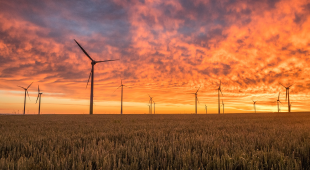

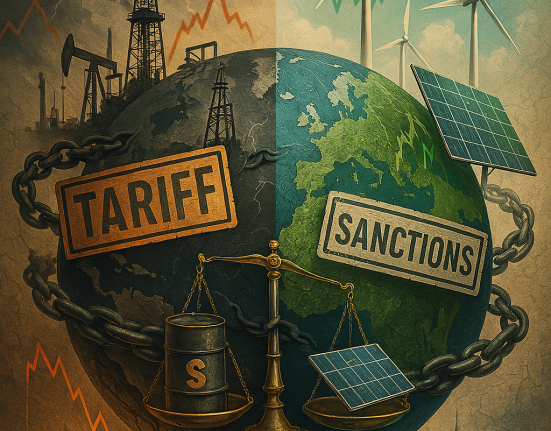
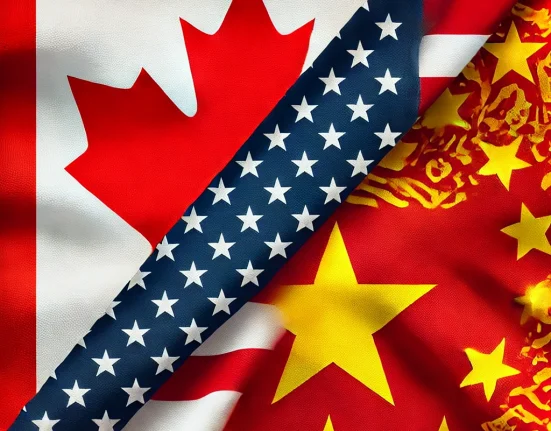
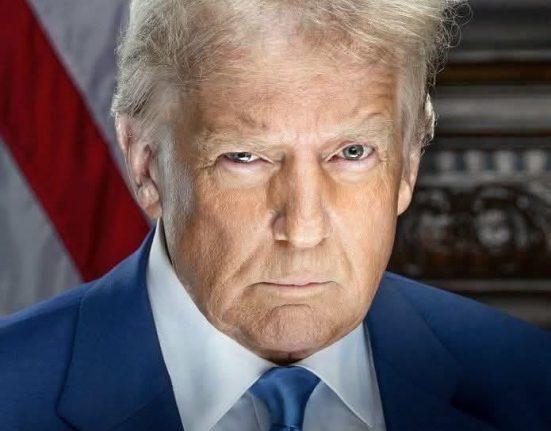


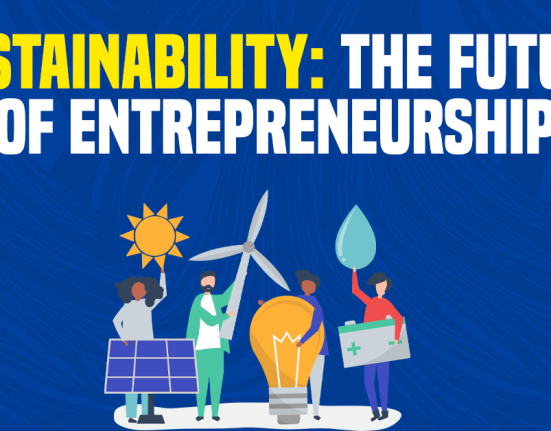
Leave feedback about this